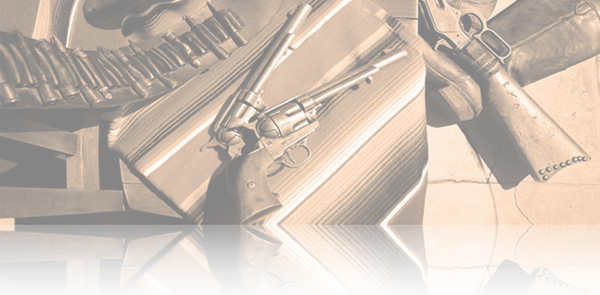In his home country of Mexico, Praxedis Gilberto Guerrero is revered as a national martyr and patriot. In his lifetime, he was a respected and admired revolutionary writer, political organizer and man of passionate action against the oppressive dictatorship of President Porfirio Diaz. But in the United States, government authorities considered him an outlaw, a dangerous “anarchist” who needed to be apprehended, imprisoned and silenced. But being a cunning young man and a master of disguises, Praxedis was never captured. And unlike some of his associates, his life did not end in a prison.
Prax, as his family and friends called him, was born in 1882, in Los Altos de Ibarra, in the state of Guanajuato, Mexico. He was one of the younger sons of a family of hacendados, hacienda owners. Haciendas were large farms or vast plantations. By the late 19th Century, the economic modernization policies of Porfirio Diaz led to the concentration of lands and wealth into the hands of fewer and fewer families. As a result, masses of people were becoming landless and many became desperately poor. Many Mexicans who had farmed their own lands for generations were now forced to work in the haciendas of others. While Prax’s family treated their hundreds of workers much better than many other owners did (who in many cases used humans as slaves), life for workers on the hacienda was brutal. It was hard physical labor in a harsh climate from before sun-up until after sundown, six days a week. Nutrition and sanitation was poor, housing was primitive, clothing was ragged and inadequate, and working wages were so small as to guarantee “debt bondage” for the workers. Because haciendas were often isolated and travel was long and difficult on dirt trails, the workers had to buy their necessities from the hacienda store, where prices were high. And since wages were so little, workers had to buy on credit, and the debt accumulated until there was no hope of ever repaying it back; and the debt was inherited by workers’ children… Any indebted worker trying to flee the haciendas, would be apprehended by the Rurales, the government’s militia. Hence workers were chained to the haciendas, and were virtual slaves.
From boyhood, Praxedis hated the system that made his own family prosperous on the backs of others. He joined in the manual labor of the hacienda and worked side by side with the workers, though he was very educated and could have shunned such work as beneath his status. He developed the habit of giving away his clothes and shoes to the workers’ children, and demanded that food be given to hungry families. Once he went around to every building on the hacienda and painted, “This belongs to the workers,” which infuriated his father. Prax came to believe that those who did the actual labor of an enterprise were entitled to share in the profits, and that no human being should be allowed to go without food and other necessities. And, he reasoned, any political system that perpetuated such inhumane standards must be changed. As a teen he began writing articles for newspapers in Mexico addressing these social and political concerns. Prax came to believe that it was better “to die on your feet, than live on your knees”, meaning that people should stand up to fight against the oppression. In time, his eloquently stated ideas would catch the eye of the dictator’s agents, and he would often be forced to go into hiding when they came around, otherwise he could be thrown into prison or even executed.
In 1904, when persecution by authorities became too dangerous, Praxedis fled north from Mexico with a small group of friends, including Emilio N. Hernandez. They went to work for American mining and railroad companies in the western United States. There, they based themselves to lay the groundwork for a Mexican Revolution. They labored hard in gold and copper mines, and helped lay the tracks for the rapidly expanding networks of rails. They would use their wages to buy armaments, and recruit other Mexican immigrants for their cause. In 1906 they joined a revolutionary political party, founded by Enrique and Ricardo Flores Magon, the PLM (Partido Liberal Mexicano) in Los Angeles, California, whose motto was “Tierra y Libertad” – Land and Liberty. When the Magon brothers and other PLM members were jailed in the U.S. on trumped up charges, it fell to Prax to keep the cause going. Led by Prax, they accomplished many of their ambitions, and helped bring about their most important goal: political and social change in their country, Mexico. In 1911, revolution finally exploded in Mexico. But Prax was no longer alive to participate in it: tragedy struck him down at the age of 28. His friends, Emilio included, were devastated. But Prax’s humanitarian ideals lived on and many were incorporated into the new society that ultimately emerged from the ten-year long Mexican Revolution…



